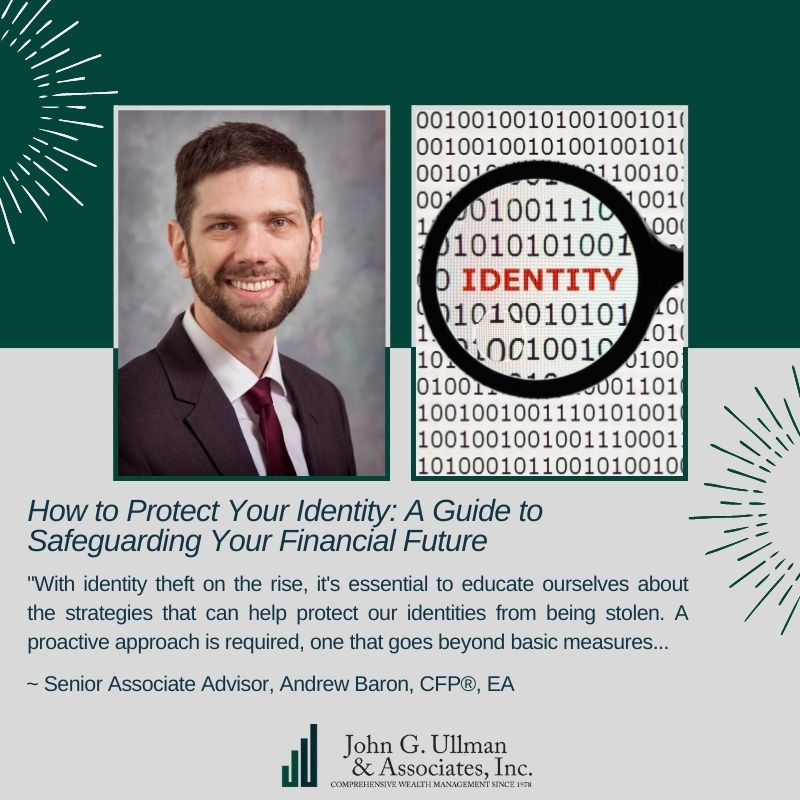The 21st century has ushered in a digital revolution that has made our lives more connected and convenient than ever before. In the age of Internet banking, online shopping, and digital currencies, we’ve embraced a new level of accessibility to our finances.
However, as our lives become increasingly entwined with the digital world, the importance of protecting our identities becomes equally critical. Failure to do so could result in identity theft, a crime that not only drains bank accounts but also disrupts lives, impairs credit ratings, and takes a significant amount of time and effort to resolve.
With identity theft on the rise, it’s essential to educate ourselves about the strategies that can help protect our identities from being stolen. A proactive approach is required, one that goes beyond basic measures such as password protection. Let’s dive into some detailed strategies to protect your identity and secure your financial future.
Use Strong, Unique Passwords
Creating strong, unique passwords for every account you have is one of the most effective ways to protect your identity. Avoid common words or phrases and consider using a password manager to keep track of them. These programs generate and store complex passwords for all your accounts, providing an additional layer of security.
Two-Factor Authentication (2FA)
Two-factor authentication adds an extra layer of protection to your accounts. With 2FA enabled, even if a cybercriminal manages to get your password, they won’t be able to access your account without the second verification step. This could be a fingerprint, a special code sent to your phone, or an approved device.
Monitor Your Credit Reports
Regularly reviewing your credit reports helps you spot any unusual activity. In the United States, you’re entitled to one free credit report per year from each of the three major credit bureaus through AnnualCreditReport.com. If you see accounts or charges you don’t recognize, report them immediately.
Use Secure Networks
When accessing sensitive financial information, ensure you’re doing so on a secure network. Public Wi-Fi networks are notoriously unsafe, and cybercriminals can easily intercept your information. If you need to access your accounts on the go, consider using a Virtual Private Network (VPN) to protect your data.
Shred Important Documents
Even in our digital world, paper documents can still pose a threat to your identity. Shred bank statements, medical records, and any other documents that contain personal information before disposing of them.
Be Aware of Phishing Scams
Cybercriminals often use phishing emails or texts to trick individuals into revealing personal information. These communications may appear legitimate, but they often have telltale signs like poor grammar, generic greetings, or suspicious links. If you receive a message requesting sensitive information, it’s better to err on the side of caution and not respond.
Protecting your identity requires consistent vigilance and an understanding of the digital landscape. By following these strategies, you will significantly lower your risk of falling victim to identity theft and keep your financial future secure. Remember, the time you invest in protecting your identity today could save you an immeasurable amount of stress, time, and money tomorrow.







